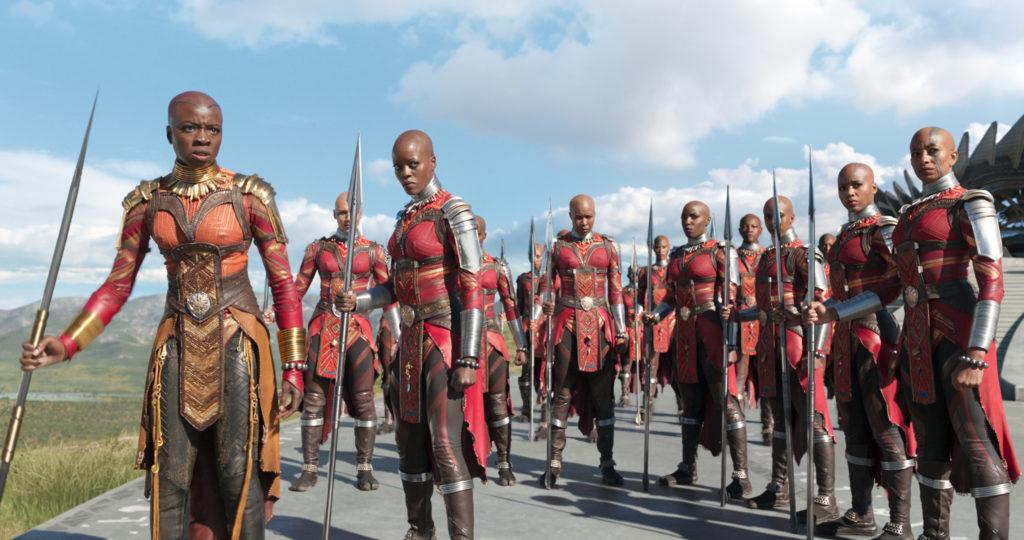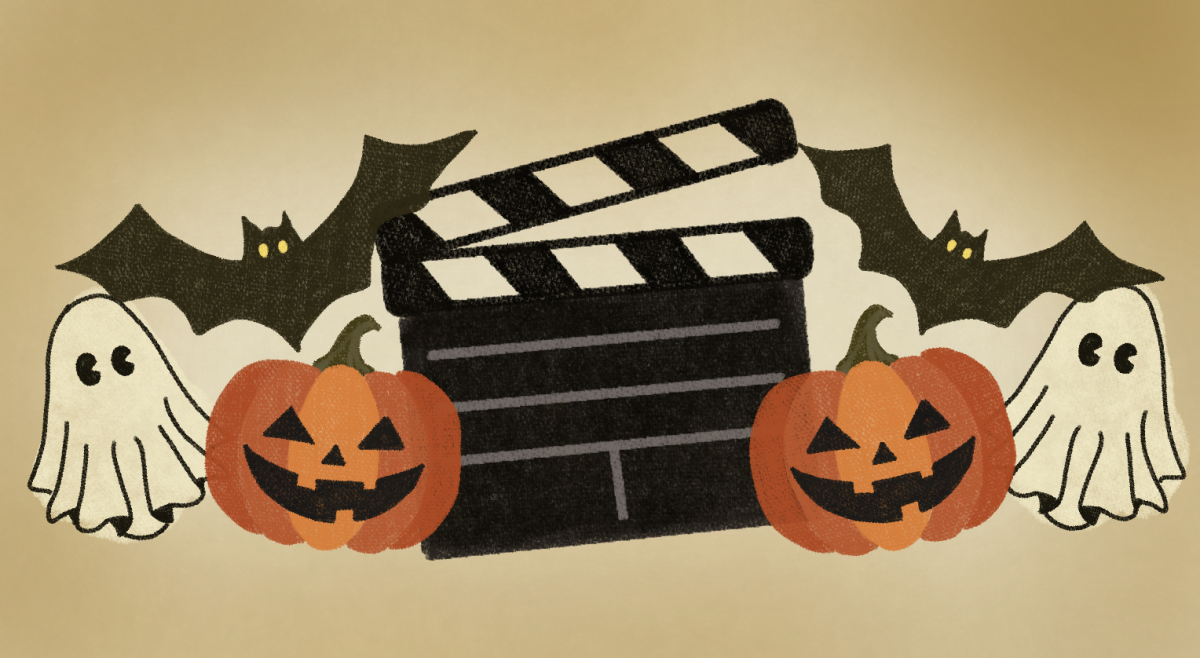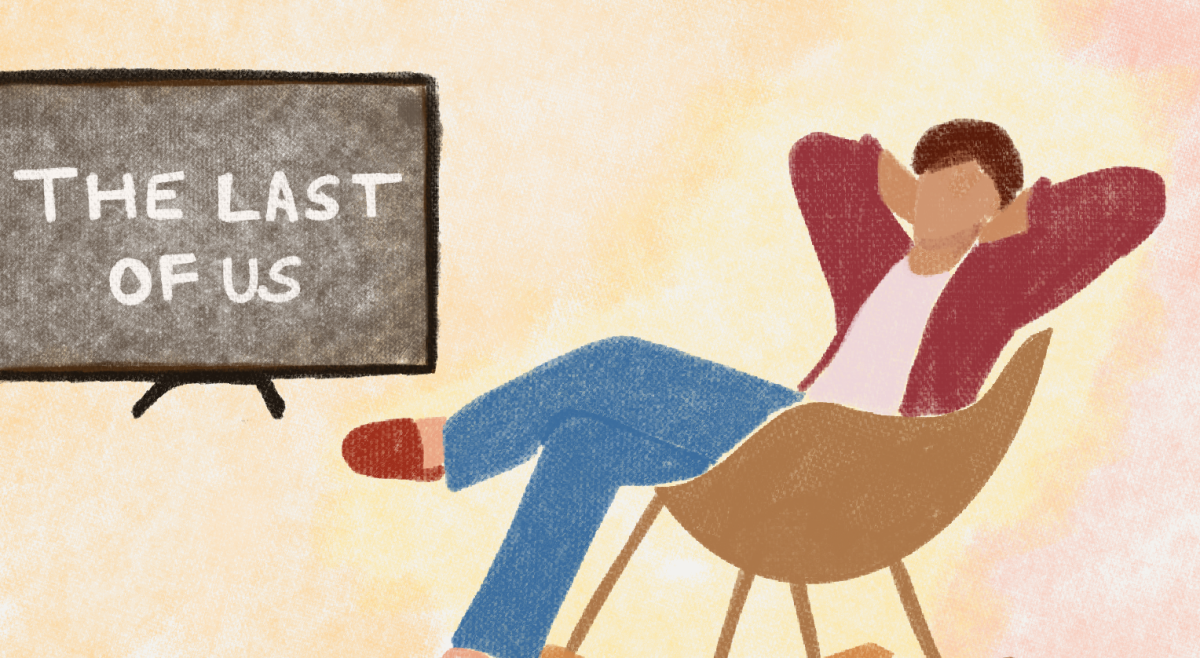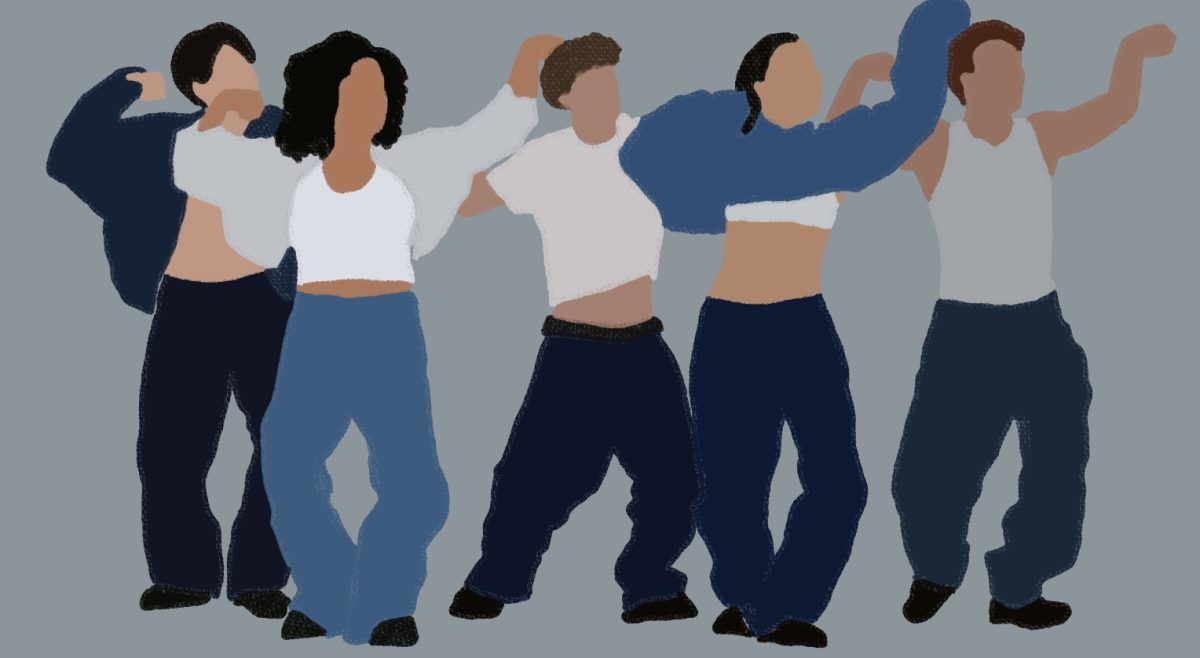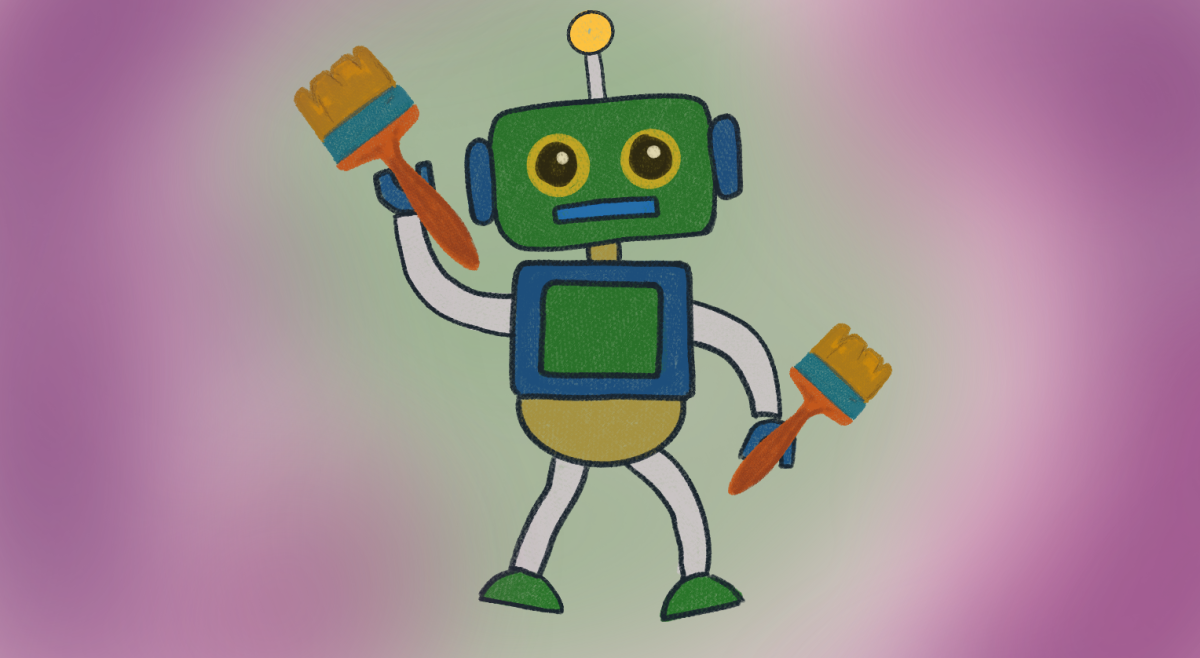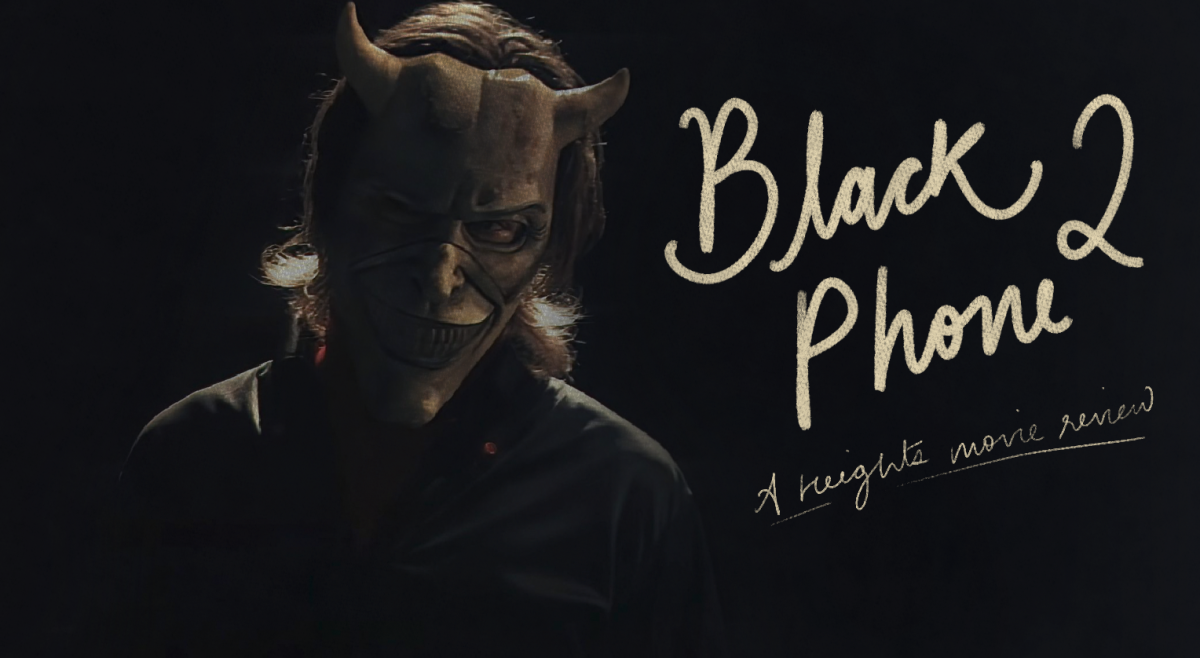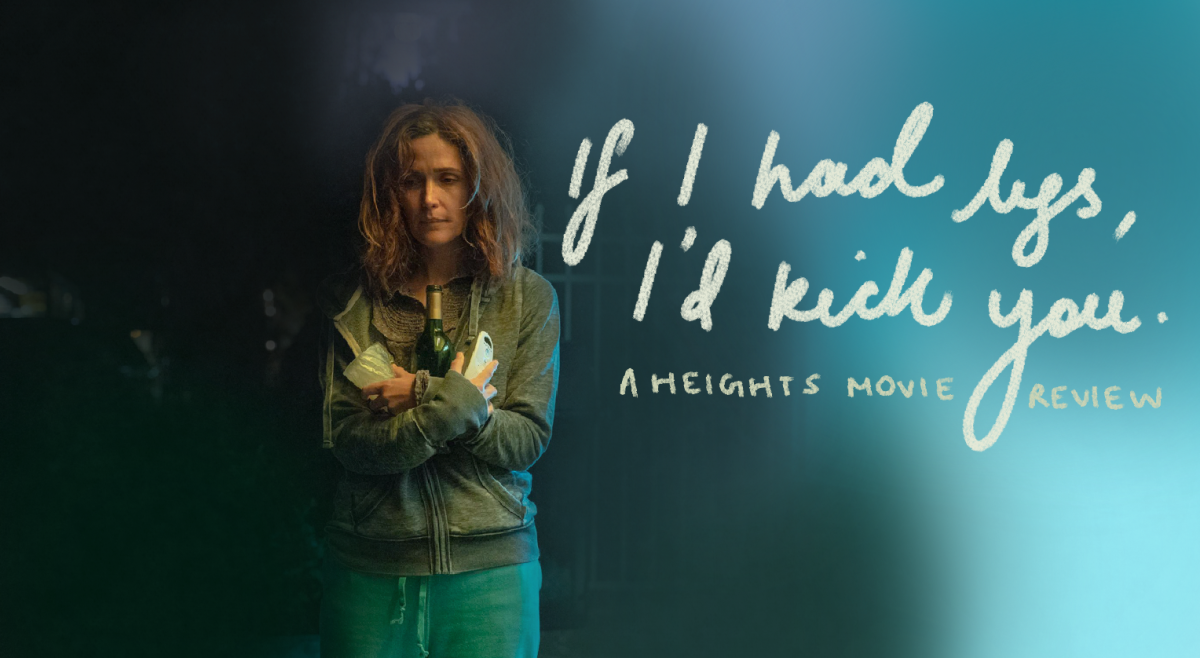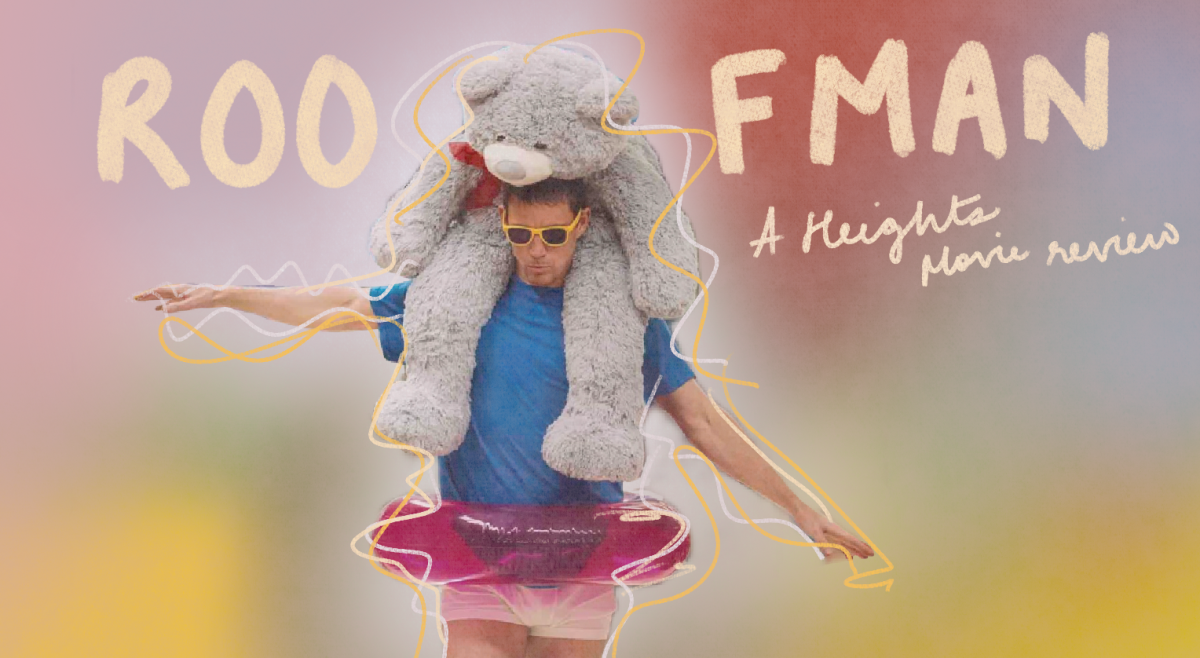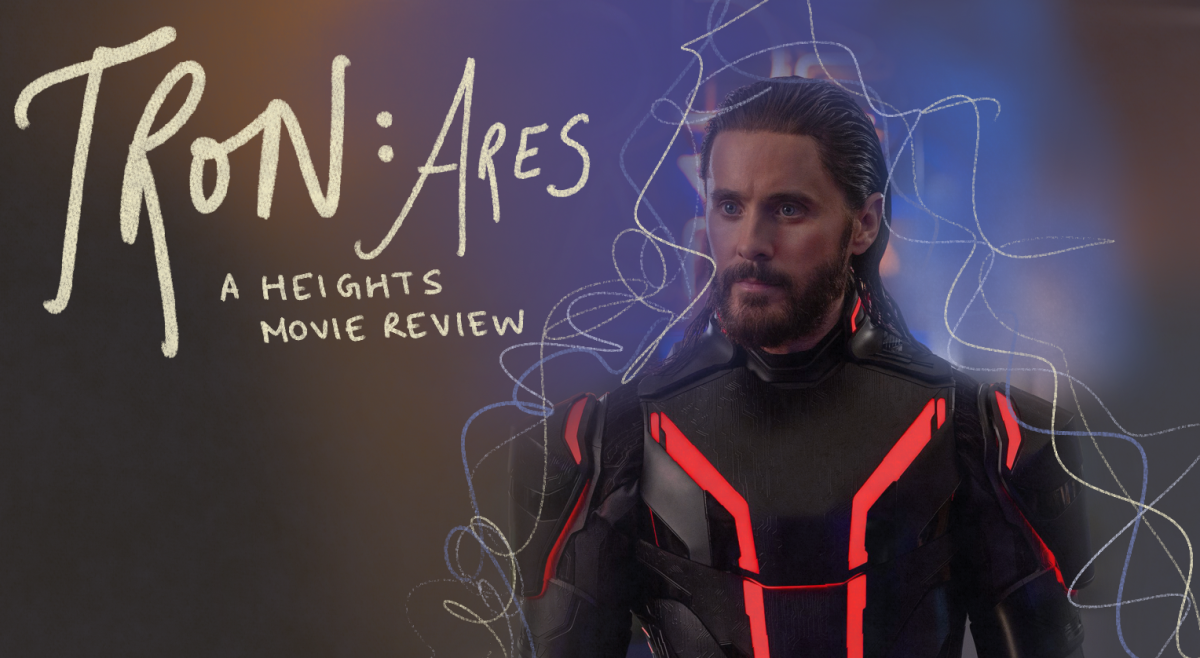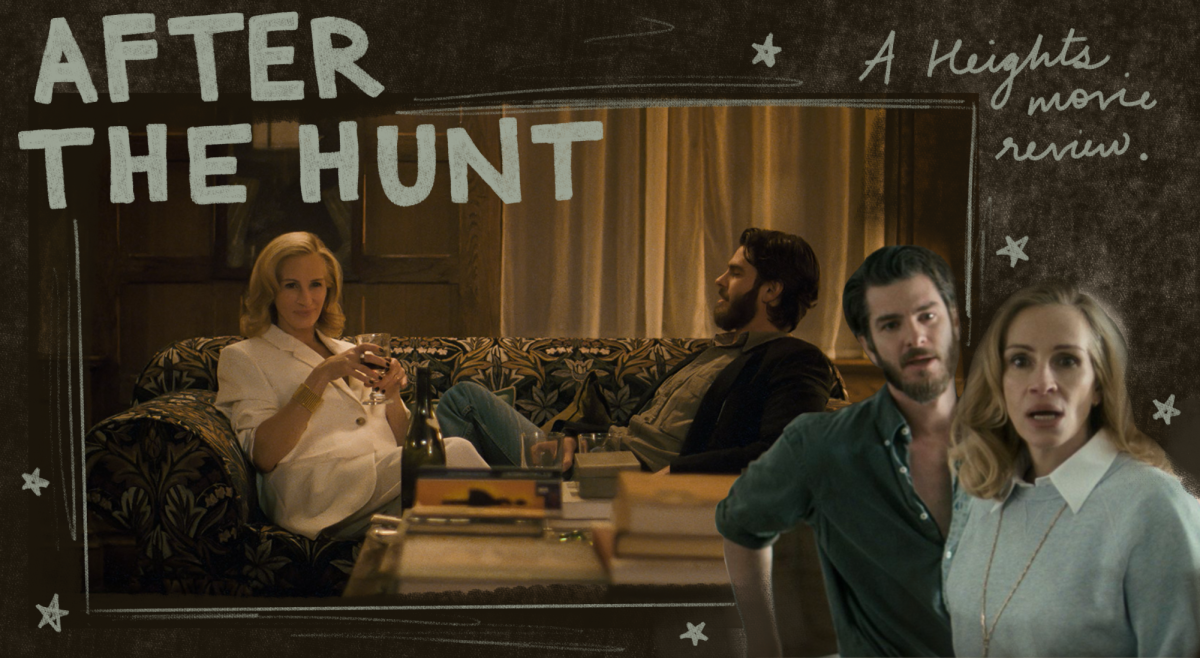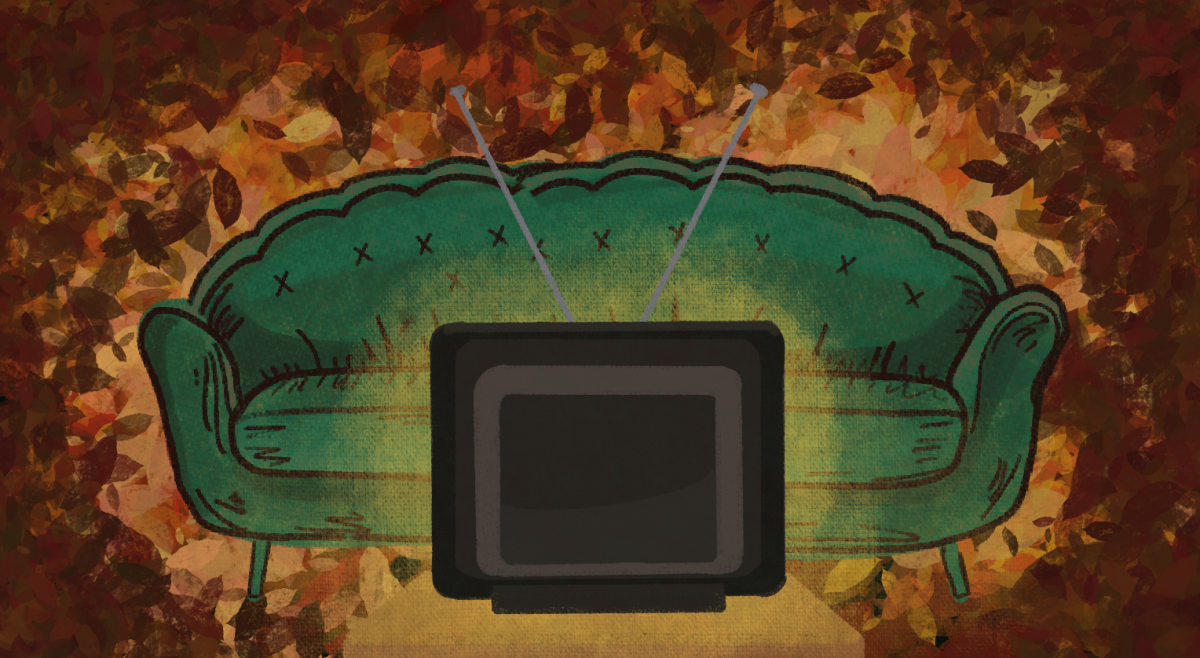While aimlessly scrolling through Twitter for the 10th time of the day, I came across a tweet expressing anger about Marvel’s Black Panther failing to include any LGBTQ+ characters. Due to my lack of knowledge about comic books—I never read comic books and I stopped watching superhero movies after Andrew Garfield stopped being Spider-Man—I didn’t realize that an LGBTQ+ subplot was something we should expect from Marvel’s first stab at a black superhero movie. After conducting a brief Google search, I learned that two female warriors, Okoye (Danai Gurira) and Ayo (Florence Kasumba), shared a romantic relationship in the original comic books. In the upcoming movie, however, these characters are portrayed as straight. For so many reasons, the erasure of LGBTQ+ characters from Black Panther is a serious problem.
Marvel has never included LGBTQ+ in the superhero narrative. Upon the release of Captain America: Civil War in 2016, Twitter took to spreading #GiveCaptainAmericaABoyfriend. As expected, Marvel did not acquiesce to the demands of social media. While it was a long shot to ask Marvel to change the sexual orientation of one of its most popular heroes halfway through his narrative, it is deplorable that Marvel decided to change the sexual orientation of two characters whose narratives had always included an LGBTQ+ identity. Do people who identify as LGBTQ+ simply not exist in the Marvel movie universe?
Part of the appeal of superhero movies is that they can cure all of the ailments that plague human life. For example, Captain America (Chris Evans) starts off as Steve Rogers, a scrawny man who is incapable of serving in the military forces because of his weak physique. When Rogers agrees to test out a serum to cure his frailty, he becomes a super-soldier that has strength and speed far beyond the capabilities of human beings. To leave LGBTQ+ representation out of the silver screen Marvel universe is to imply that homosexuality or alternative gender identity is somehow an ailment incompatible with the narratives of superhuman characters.
The fact that Marvel opted out of LGBTQ+ representation in Black Panther is even more significant given its entirely black cast. Black people are not only ostracized by the LGBTQ+ community due to the hypersexual qualities historically associated with black individuals, but are also harassed by members of the black community because of their inability to fit into the accepted molds of black masculinity and femininity.
The marginalization of black LGBTQ+ individuals is becoming an increasingly prominent topic in many industries, including film and music. Moonlight, the Best Picture winner at the 2017 Academy Awards, depicted a young gay black male as the target of violent outlashes by his black classmates. BROCKHAMPTON’s Kevin Abstract, a gay black rapper, details his experience with discrimination on the band’s 2017 track “JUNKY.” Kevin Abstract responds to the question of “Why [he] always rap[s] about being gay: / ‘Cause not enough n—s rap and be gay / Where I come from n—s get called ‘fa—ot’ and killed.” Marvel’s decision to alter the sexuality of black LGBTQ+ characters only reinforces the marginalization of the black LGBTQ+ community by interrupting the dialogue.
Given the warm reception and award season success of Moonlight, it is odd that Black Panther would miss an obvious opportunity to replicate this outcome. Of course, a frivolous superhero movie does not present the same opportunity to discuss the real experiences of black individuals who identify as LGBTQ+ as a film like Moonlight does, but opting to ignore the intersection between race and sexuality is a cheap cop-out on behalf of Marvel. One consideration is that Marvel might not portray homosexuality tastefully, however. It is easy to imagine Marvel corrupting the humanity of the lesbian characters by commodifying their sexuality for a predominantly male audience—superhero movies aren’t known for their political correctness (Deadpool is an obvious example here). Perhaps a female director could solve that problem.
Because Black Panther has not yet been released, the extent to which these characters are developed as complex individuals rather than embodiments of stereotypes is still to be determined. The very manifestation of a black Marvel title character is certainly a step forward for the cause of racial equality, but Black Panther has already proven that this progress is not all inclusive.
Featured Image by Marvel Studios

